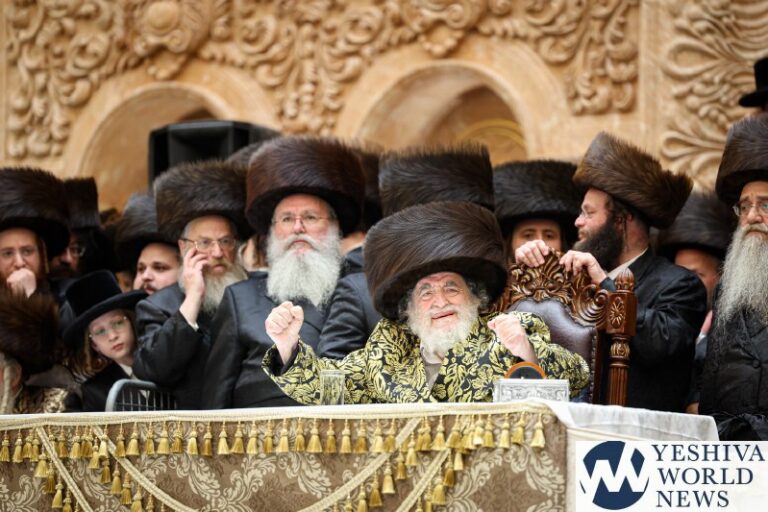 On Sunday 23 Nissan, Yad Vashem will open a new exhibition, “Children in the Holocaust: Stars Without a Heaven.” The exhibition gives expression to the lives of the 1.5 million children who were murdered in the Holocaust, displaying the stories that remained of these children or the stories of the few who survived.
On Sunday 23 Nissan, Yad Vashem will open a new exhibition, “Children in the Holocaust: Stars Without a Heaven.” The exhibition gives expression to the lives of the 1.5 million children who were murdered in the Holocaust, displaying the stories that remained of these children or the stories of the few who survived.
The opening of the exhibition will take place at Yad Vashem on Sunday, 23 Nissan at 12:00 noon. Author and child survivor Aharon Appelfeld, Yad Vashem Chairman Avner Shalev, Director of the Museums Division at Yad Vashem and Exhibition Curator Yehudit Inbar will offer remarks at the event.
On display are items from Yad Vashem’s artifacts, art and archives collections. In addition, art students from the Department of Ceramics and Glass Design of the Bezalel Academy of Art and Design, Jerusalem created works from glass, porcelain and ceramics and students from the Department of Visual Communication Design of the Holon Institute of Technology-HIT created short animated clips, especially for the exhibition. These works were created to help illustrate the personal stories of the children where, due to the wartime circumstances of their childhood, little or no materials remained.
The exhibition is structured around eight major themes: play, study, friendship, Who Am I, work, home, family and rites of passage. As one enters the exhibition, a video installation in the lobby displays the world of children before the Holocaust. After entering the exhibition space, the subject matter moves on to the Holocaust itself. Exhibition Designer Chanan de Lange, of de Lange Studio, created a symbolic forest with the exhibition materials displayed inside “trees.” Each one of these 33 trees contains a central story, with additional stories displayed on digital screens. There are also trees with more general topics such as “children’s homes” or “youth movements.” Designer Niv Moshe Ben-David created the “Children before the Holocaust,” installation and edited the films screened on the trees.
Exhibition curator Yehudit Inbar said, “The Holocaust put an abrupt end to childhood. In many cases children became the breadwinners of the family and encouraged their parents to continue the desperate struggle for survival. Nevertheless, they remained children, and whenever they could, they played, laughed, wrote stories and drew pictures expressing their fears and hopes. The drawings, diaries, poems, music, letters, and toys offer a fascinating look at childhood in the shadow of the Holocaust. Their vitality, creativity, imagination, perceptiveness regarding interpersonal relationships, determination to survive and maintain their optimism despite the circumstances – all portray the depth of children’s capabilities.”
(YWN – Israel Desk, Jerusalem)










